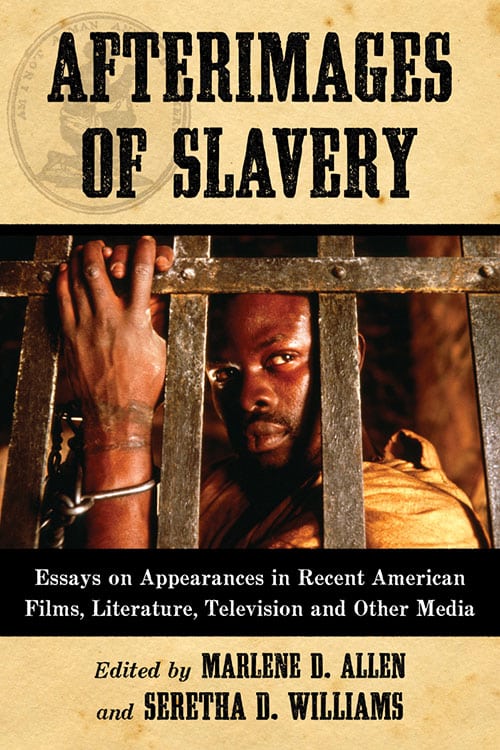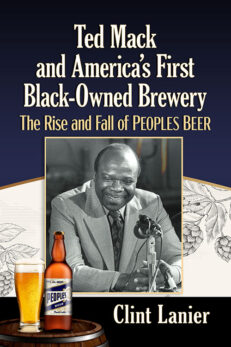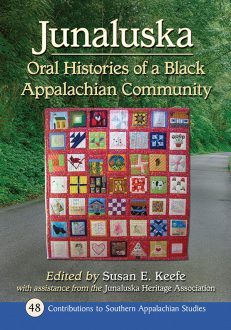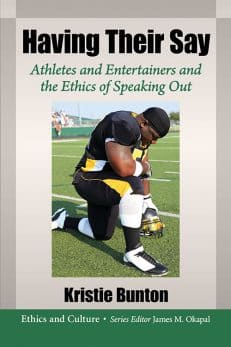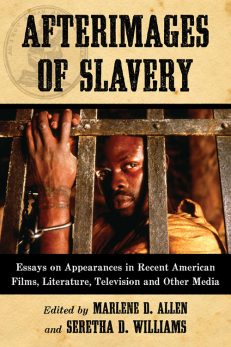Afterimages of Slavery
Essays on Appearances in Recent American Films, Literature, Television and Other Media
$29.95
In stock
About the Book
Since the election of President Barack Obama, many pundits have declared that we are living in a “post-racial America,” a culture where the legacy of slavery has been erased. The new essays in this collection, however, point to a resurgence of the theme of slavery in American cultural artifacts from the late twentieth- and twenty-first centuries. Ranging from disciplines as diverse as African American studies, film and television, architectural studies, and science fiction, the essays provide a provocative look into how and why slavery continues to recur as a trope in American popular culture.
By exploring how authors, filmmakers, historians, and others engage and challenge the narrative of American slavery, this volume invites further study of slavery in its contemporary forms of human trafficking and forced labor and challenges the misconception that slavery is an event of the past.
About the Author(s)
Bibliographic Details
Edited by Marlene D. Allen and Seretha D. Williams
Format: softcover (6 x 9)
Pages: 242
Bibliographic Info: 4 photos, notes, bibliographies, index
Copyright Date: 2012
pISBN: 978-0-7864-6464-7
eISBN: 978-0-7864-9016-5
Imprint: McFarland
Table of Contents
Preface 1
Part I. Reading and Writing Slavery
Meditation, Misremembering, Creativity, and Healing in Zakes Mda’s Cion
SERETHA D. WILLIAMS 7
Black Women’s Ghostly Re-visions of History
JOANNE CHASSOT 18
Inhabitants of Borderlands: (An)other World of Subjugation
ULA GABRIELLE GAHA 35
“If I Allow Myself to Listen”: Slavery, Historiography, and Historical Audition in David Bradley’s The Chaneysville Incident
NICOLE BRITTINGHAM FURLONGE 55
Tricksterism, Masquerades, and the Legacy of the African Diasporic Past in Nalo Hopkinson’s Midnight Robber
MARLENE D. ALLEN 76
Written on the Walls: Reflections of Shifting Definitions of Slavery and Self in Toni Morrison’s A Mercy
EUGENIA P. BRYAN 89
The Laveau Folk Heroine: Contemporary Fiction Revises the Slave Narrative
TATIA JACOBSON JORDAN 110
Part II. Visualizing and Positioning Slavery
Hottentot Venus: Unsettling the Linear Time of History and Science
Ž ELJKA Š VRLJUGA 126
Hollywood’s White Legal Heroes and the Legacy of Slave Codes
KATIE ROSE GUEST PRYAL 145
The Slave’s Cabin: From the Back of the Big House to the National Register of Historic Places
ANGELITA REYES 164
“Commence the Great Work”: The Historical Archive and Unspeakable Violence in Kyle Baker’s Nat Turner
JONATHAN W. GRAY 183
A Comic Routine: The Place of Slavery in Identity Formation for the Twenty-First Century
LAURA MAE LINDO 201
The Slavery of the Machine
ALEXIS HARLEY 218
About the Contributors 233
Index 235
Book Reviews & Awards
- “Clearly, the essays in this collection grapple with the afterimages of slavery in the late twentieth and early twenty-first centuries in a meaningful way. This collection is unique in its questioning of American slavery’s narrative and it should interest a vast array of scholars”—Science Fiction Studies.

